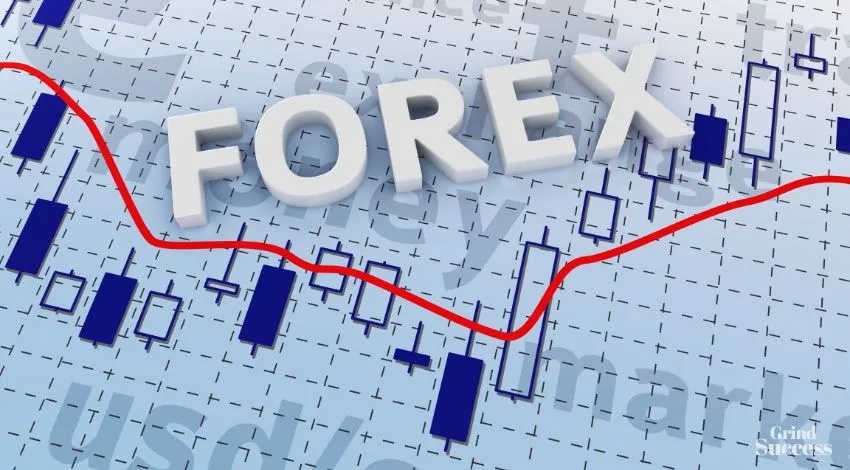Forex Business: Five Factors That Affect The British Pound

The British pound (GBP) is the oldest currency to be traded on the forex market. It’s also the currency of the United Kingdom, whose capital, London, is one of the largest forex hubs in the world. These are just some of the reasons why GBP is one of the most popular currencies used in forex trading.
Understanding what drives the value of the British pound is essential for professional traders looking to use the British pound successfully. With this in mind, we’ll explore five factors that influence the British pound in this article.
Inflation
Inflation plays an important role in the value of any country’s currency. In general, a currency’s value depreciates if the country has higher inflation compared to others.
You can gauge the levels of inflation in the UK by monitoring the Consumer Price Index (CPI), which represents the price changes of goods and services purchased by consumers in a given period and is published by the Office for National Statistics.
Monetary policy
The job of the Bank of England (BOE) is to promote monetary stability in the UK. Whenever the BOE thinks inflation is getting to unhealthy levels, it uses monetary policy tools like interest rates to try to control the economy.
Traders should aim to predict the timing of monetary policy changes as a part of their strategy.
Balance of payments
The current account reflects the UK’s balance between imports and exports. When it’s positive, there’s more capital flowing into the country than out. This leads to higher confidence in the UK economy.
And this in turn leads to the value of the British pound rising. A negative current account, which shows there’s more flowing out of the country than in, has the opposite effect.
Economic growth
The overall level of economic growth in the UK is another key influence on the pound’s value. The UK’s Gross Domestic Product (GDP) is the primary measure of this, representing the value of everything the UK produces.
The stronger this figure is, the stronger you can generally expect the pound to be. You can supplement this statistic with other key economic indicators such as the Purchasing Managers Index (PMI), which represents the prevailing direction of economic trends in manufacturing.
Political uncertainty
Crises in UK politics can have a detrimental effect on the value of the pound. For example, the pound has shown persistent weakness since Brexit, as a result of uncertainty around trade deals between the UK and the European Union.
Traders need to pay close attention to both UK national politics and geopolitical events that concern the UK, to take the proper risk management strategies.
Predicting the future value of any currency is one of the many challenges of forex trading. But by monitoring the factors above, you’ll be able to more effectively keep your finger on the British pound’s pulse.






